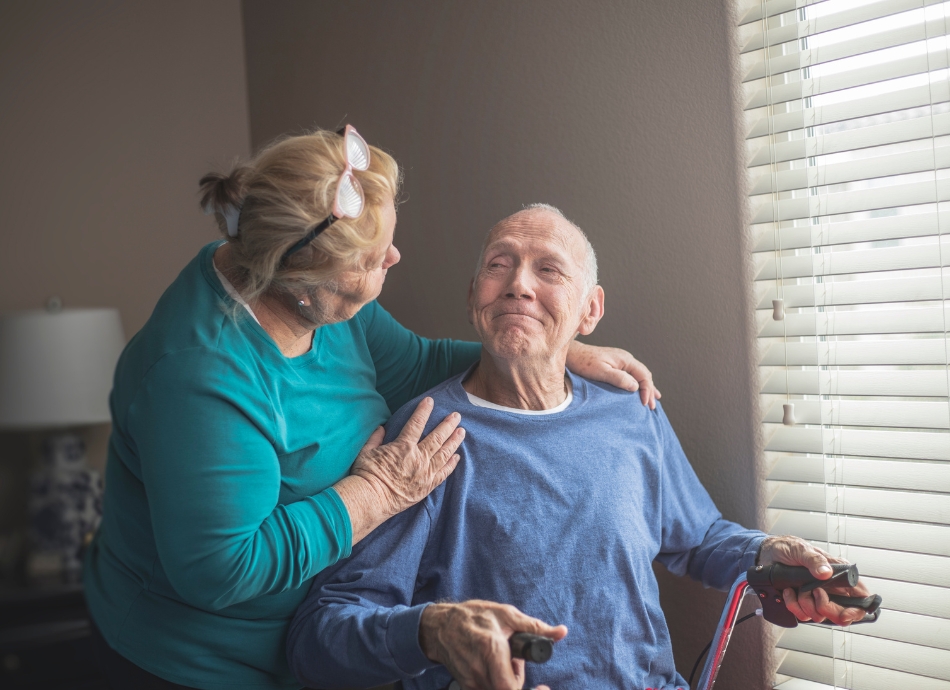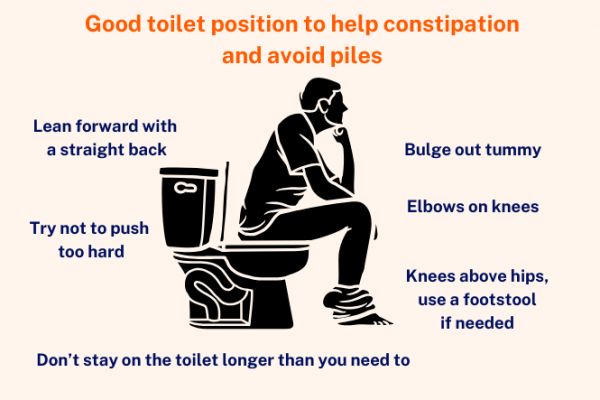Constipation can be different for everyone. Generally, constipation can mean:
- a change in your usual bowel movement pattern
- hard or lumpy bowel movements
- difficulty passing bowel movements or straining
- gas, wind, bloating or stomach cramps and discomfort
- the feeling of being unable to completely empty your bowel
- the feeling that there's something blocking your bowel.
The feeling of being constipated can be distressing and can cause symptoms such as:
- nausea and vomiting
- stomach pain and bloating
- overflow diarrhoea
- loss of appetite
- anxiety and confusion
- bowel obstruction (when your bowel is blocked).







